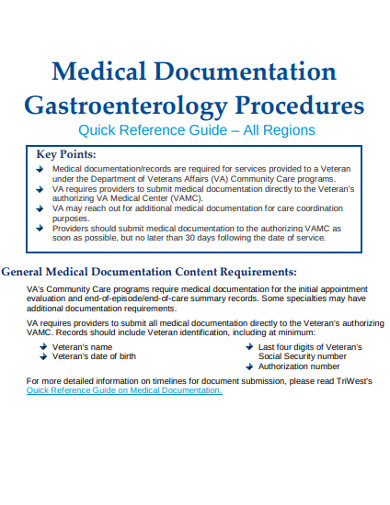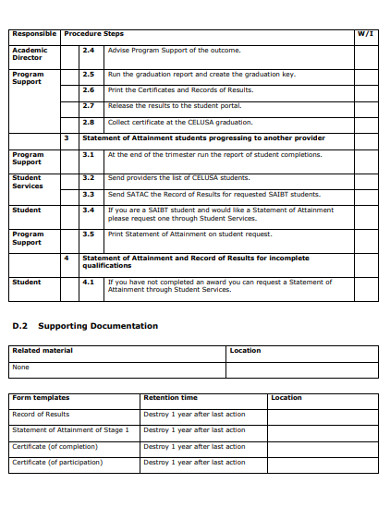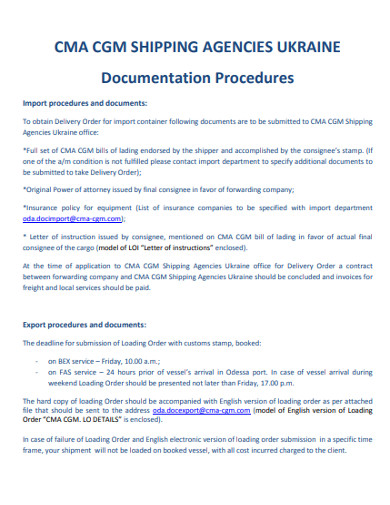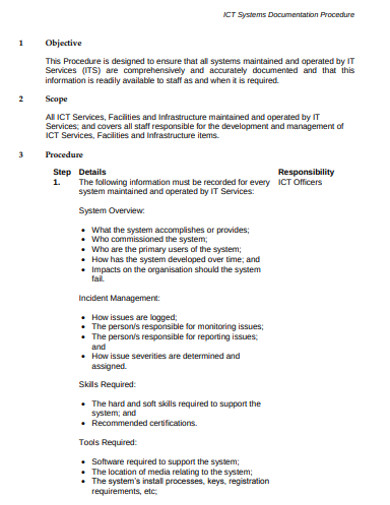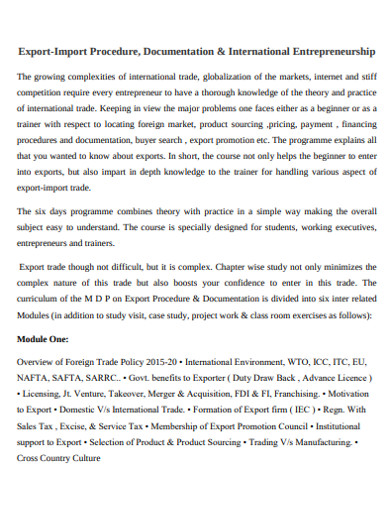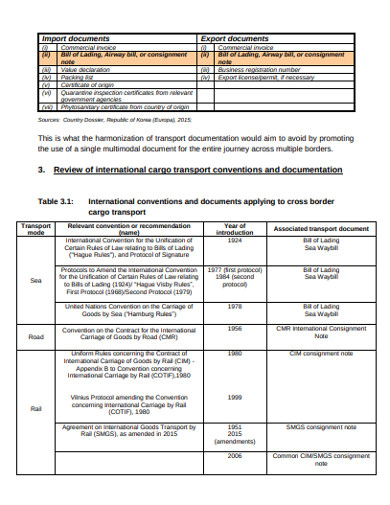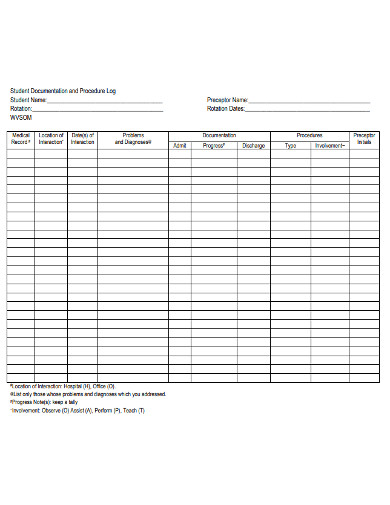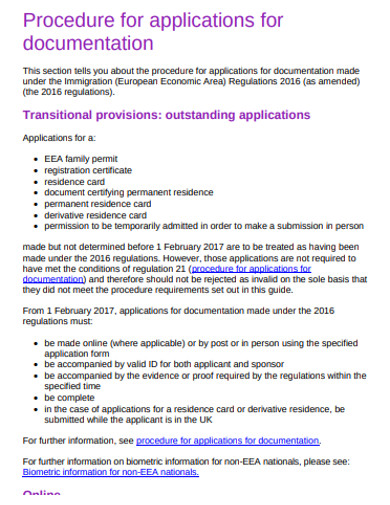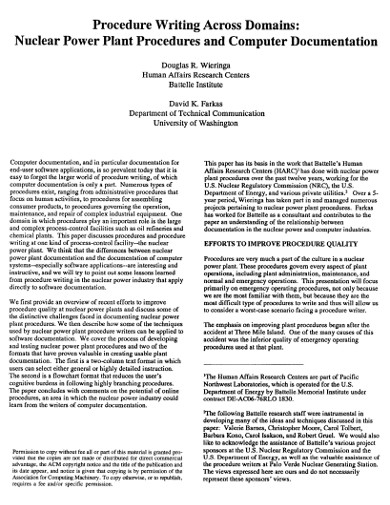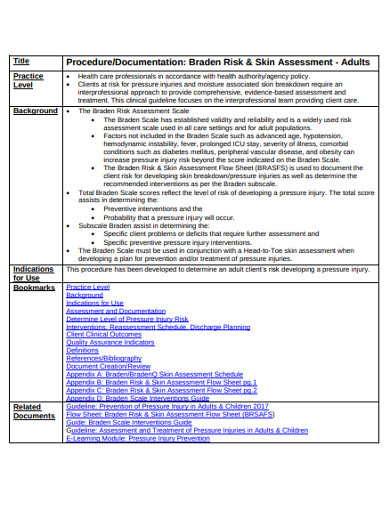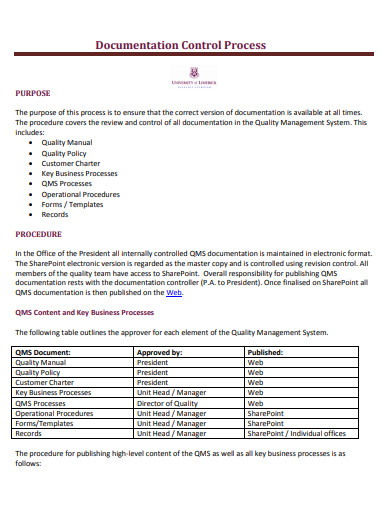10+ Documentation Procedure Examples to Download
When you want something done the right way, you need to follow the given set of rules and procedures to accomplish it. Just like in cooking, you need to follow the recipe cookbook to make sure your food tastes good. Following a precise flow and process helps you stay on track and avoid any mishaps. Knowing the right way to do things also means taking down notes of the things you’ve done. If you’ve got a new dish you want to experiment on, don’t you want to remember how you made it just in case it turns out amazing? Documentation procedures let you understand every detail of the process and explain the process in detail.
To avoid any misfortunes from happening within the company, the organization must take control of the internal processes. The smartest way to do that is by documentation procedures. Documenting the process of how something works is vital in many fields. Whether it’s medicine, business, education, or research, documentation procedures should be part of the risk management plan. These documents can help you figure out which areas need fixing, how to start another process and the purpose of each action. Large companies that handle multiple transactions have to do more documentation procedures than smaller companies. This gives small businesses an upper hand when it comes to efficiency.
Text Types
It’s easy to believe that documentation is only about how the process functions. What most people don’t realize is that any paperwork done during execution is part of documentation procedures. For whatever action executed, there is documentation to be made.
Organization
It is essential to recognize all those who are involved in the operation. To help employees find out who manages a project and who handles certain tasks, you need a project organizational chart. The use of this document helps to let the organization know who’s working on the project.
Policy
In an office environment, certain rules apply to help keep things orderly. To remember these rules, you would need policy documentation. Writing down and handing out physical copies of these policies helps everyone recognize and follow them.
Authorization and Approval
Documentation management also involves permission and approval. You can’t proceed to the next step of a project if you don’t get a go signal from your superiors. You need to have a signed authorization letter for you to do specific tasks for the project.
Reporting
Of course, when it comes to processes and procedures, the document most applicable is a project report. The report entails the actions done during the project and its outcomes.
10+ Documentation Procedure Examples
Every office needs a detailed action plan to accomplish their documentation procedures. Without proper documentation, you run the risk of skipping tasks or not having any proof of action. Documentation lets businesses keep track of their processes. To give you more insight on what documentation procedures are, here are 10+ documentation procedure examples you can check out.
1. Medical Documentation Gastroenterology Procedures Example
2. Certification Documentation Procedures Example
3. Agencies Documentation Procedures Example
4. Sample Systems Documentation Procedure Example
5. Entrepreneurship Documentation Procedure Example
6. Documentation Procedures Report Example
7. Student Documentation and Procedure Log Example
8. Documentation Procedure for Application Example
9. Computer Documentation Procedures Example
10. Documentation Assessment Procedure Example
11. Documentation Control Process Procedure Example
Processing the Procedures
Documentation procedures may take a lot of effort to do, but they can help businesses have copies of the things they’ve done either as reference or evidence. Documentation isn’t just about writing down the steps involved in the process; it has more elements to it. To understand the process of documentation procedures, here are some steps you need to look into.
1. Identification
The first thing you need to do is identify what kind of document and what type of process you are doing. No record is the same; you need to specify if it is an export invoice, an import document, a user manual, or the final documentation report. You should also describe the process the text is for.
2. Inclusion
The next step is to point out the scope of the process. Your document must show what parts are involved and what is out of its bounds. You must also document the start and finish of your process. How does it start, and when does it end? The people involved in the task should also have their names in the document.
3. Input-output
To get the purpose of your process, you need to record what the expected outcomes are. This way, your team can prepare for what’s to come. You should also report what actions the team must do before starting the process. The project requirements should also be in your document.
4. Visualization
Once you think you’ve got the necessary resources ready for your task, you must then brainstorm the actual process. Think about all the steps you think should be part of your project. Organize them with your team, and visualize the flow. Once you’ve got this in the bag, you’re close to finishing your professional goals.
5. Finalization
The last step is to review your process. Add control measurements to areas you think might have some risks. Go through every detail once again and make sure your document has no inconsistencies. Test out your process and then document how it went.
The achievements of a company reflect how well they handle the process of their transactions. Forbes even says that success depends on documentation. If you want your company to reach great heights, don’t skip out on documenting.



